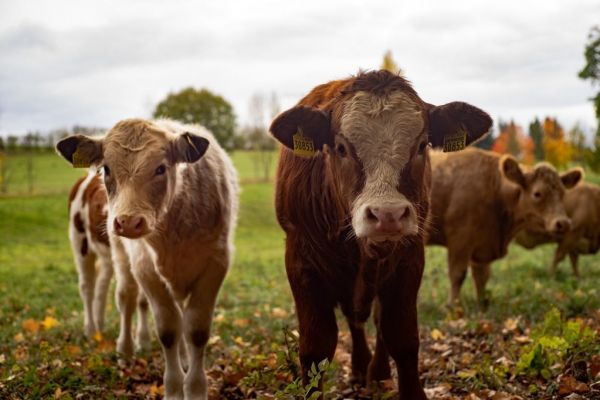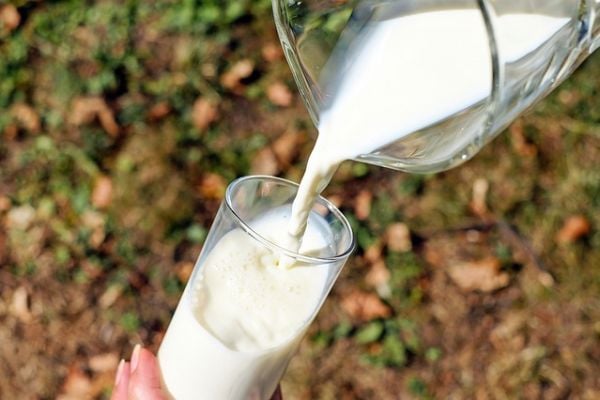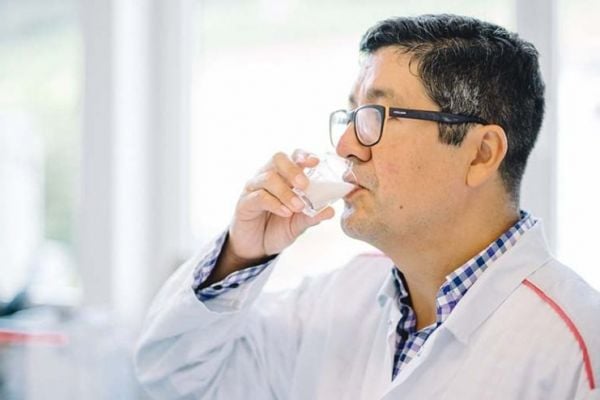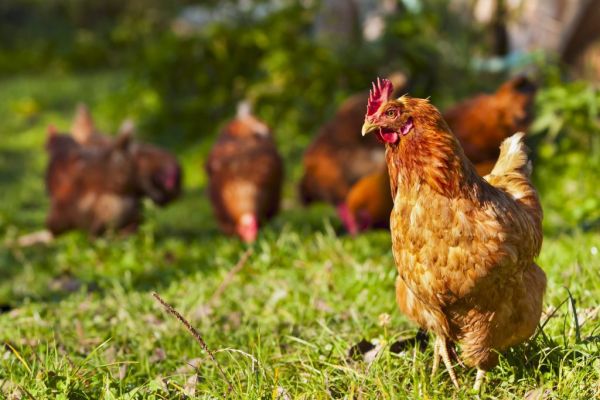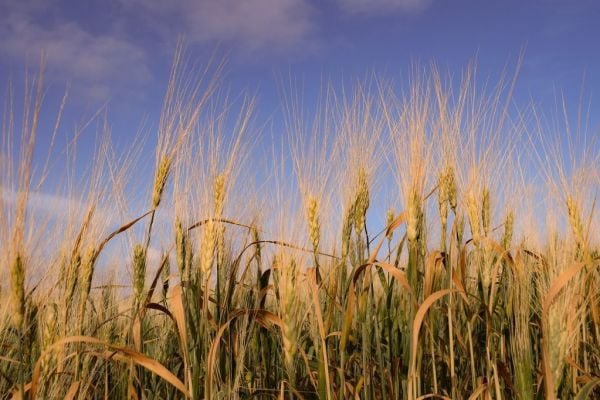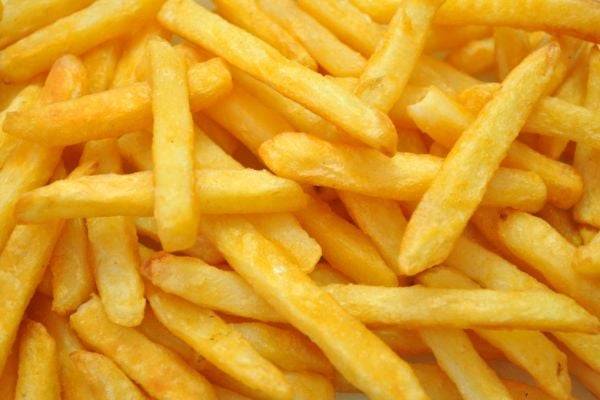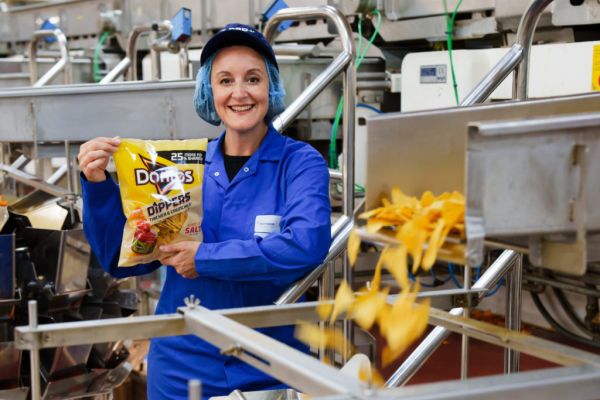Reducing meat and dairy consumption, optimising fertiliser use, and minimising food waste are key factors that could collectively contribute to halving nitrogen pollution from food production and agriculture in Europe, according to the Appetite for Change report.
The report, which was authored by the UK Centre for Ecology & Hydrology (UKCEH), the European Commission, Copenhagen Business School and the National Institute for Public Health and the Environment (RIVM) of The Netherlands, found that due to inefficiencies in production, the nitrogen use efficiency of the food system in Europe is currently only 18%.
Although nitrogen is crucial for plant growth, its excessive and inefficient use results in up to 80% leakage into the environment.
The report puts forward a recipe to halve nitrogen waste, with its ‘ingredients’ including halving average European meat and dairy consumption; advocating for plant-based diets; improving efficiency in fertiliser application and manure storage; reducing food waste by both retailers and consumers; enhancing wastewater treatment to capture nitrogen from sewage; and providing financial incentives for environmentally friendly foods.
In addition, developing coherent policies addressing both food production and consumption is also deemed important, including establishing governance platforms at national, regional, and local levels for effective coordination.
Range Of Scenarios
As part of the report, the authors investigated 144 different scenarios, including reducing meat and dairy consumption, agricultural and retail practices, and investment in wastewater treatment, as well as the benefits or 'trade-off's resulting from each.
They suggested that a 'balanced' range of actions, including halving meat and dairy consumption – a so-called 'demitarian’ approach – as well as improved farm and food chain management had the possibility of achieving a 49% reduction in nitrogen losses, as well as providing a net societal benefit.
A more signifiant reduction in nitrogen waste, of 84%, would be achieved by widespread adoption of a plant-based diet, coupled with 'ambitious technical measures', however the stringency of actions necessary to achieve this would result in limited societal benefit.
'A Holistic Approach'
“Action does not begin and end at the farm gate; it requires a holistic approach involving not only farmers but policymakers, retailers, water companies and individuals," commented Professor Mark Sutton of UKCEH, one of the editors of Appetite for Change.
"It is also not saying we should all become vegan. Our analysis finds that a broad package of actions including a demitarian approach (halving meat and dairy consumption) scored most highly in looking to halve nitrogen waste by 2030.”
Read More: Cow Burps, Food Waste To Take Spotlight At COP28 Agriculture Day
